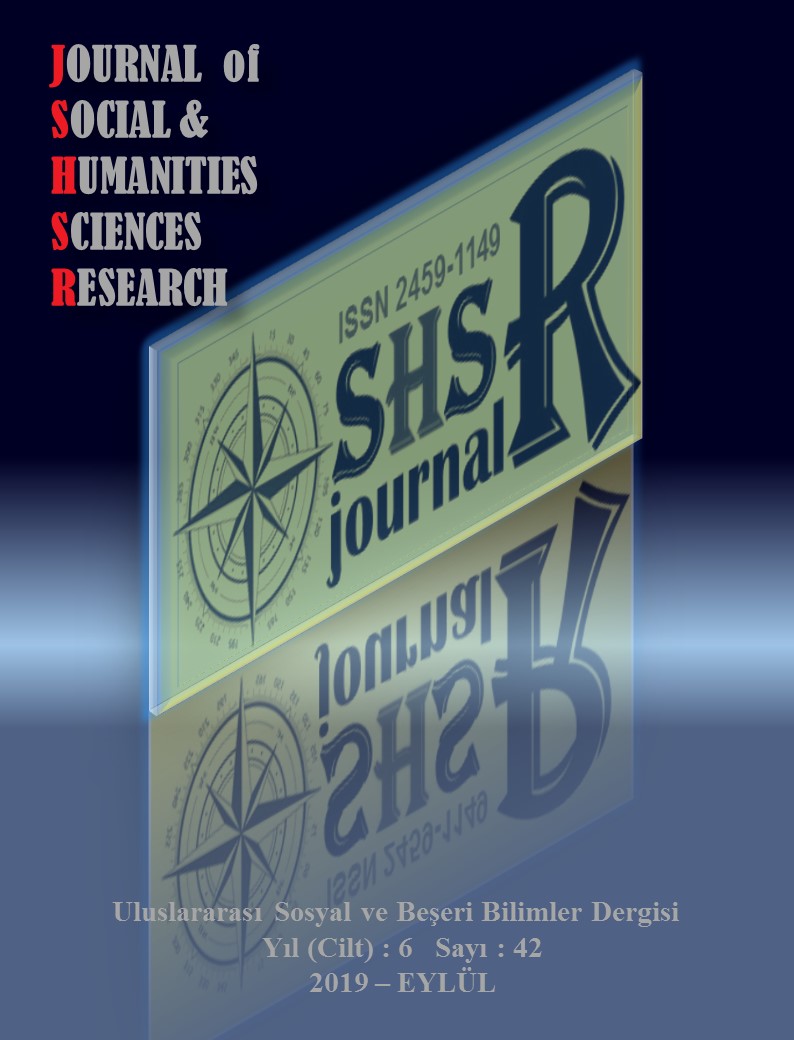THE APPROACHES TO SOUL IN ANTIQUITY AND MEDIEVAL PERIOD
DOI:
https://doi.org/10.26450/jshsr.1397Keywords:
Soul, Antiquity, Medieval Period, Platon, Aristotle, MindAbstract
The concept of soul is studied as the non-material aspect of human beings and as an essence. It has been attributed the qualities of individuality and humanely. In the history of philosophy, the word "soul" has been used synonymous with "mind". The views about the concept of soul has changed according to the schools and philosophical periods by Ancient Greeks. Epicureans argued that the soul consisted of atoms just like the body while Platonists proposed that the soul is not material and is incorporeal substance. Aristotle put forward that the soul is a form united with the body. The concept of soul has been investigated in the history of philosophy from Antiquity until today in relation with metaphysics and the philosophy of mind. The present study aims to investigate how the conception of soul was in Antiquity and Middle Ages with reference to the philosophers of the eras.
Downloads
Published
How to Cite
Issue
Section
License
Copyright (c) 2019 INTERNATIONAL JOURNAL OF SOCIAL HUMANITIES SCIENCES RESEARCH

This work is licensed under a Creative Commons Attribution 4.0 International License.


